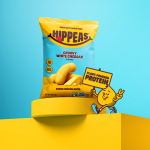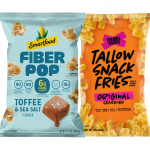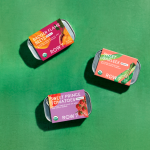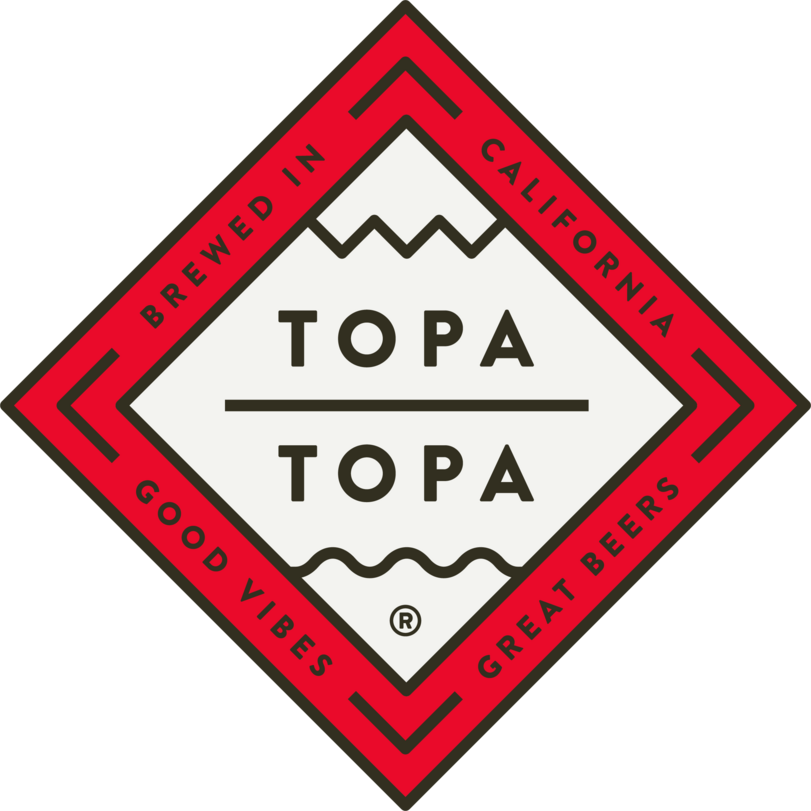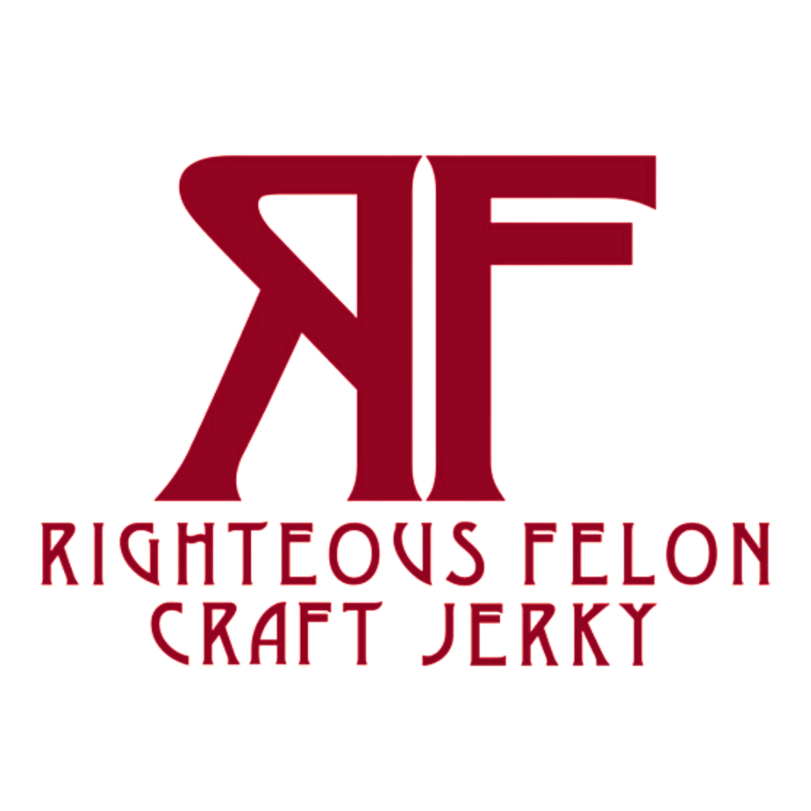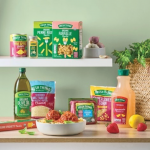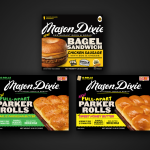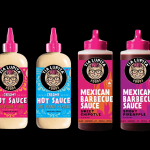4505 Makes Moves in Meat Snacks
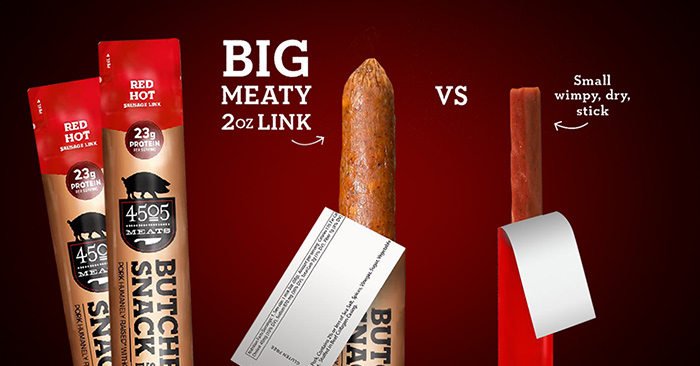
Meat snack brand 4505 Meats has made the jump from salty snacks to meat sticks with the launch of Butcher’s Snacks.
What is It?
Launching in three flavors — Original, Cheddar & Bacon and Red Hot — Butcher’s Snacks are notable for their 2 oz. size. In comparison, core meat sticks from Country Archer, Chomps and The New Primal are each closer to 1 oz. 4505 president Anish Sheth said the goal is to offer shoppers a meatier option that could be positioned as more of a mini-meal — or at least a “center of the plate” option.
First released via Amazon, Butcher’s Snacks will be sold in more than 2,000 doors by fall, including in Sprouts, Whole Foods and Sheetz convenience stores.
Why Meat Sticks?
To-date, 4505 has focused on offering low-carb, high protein options in the salty snack segment. In 2016, the brand launched with a line of chicharones and has since expanded its portfolio to offer Pork Cracklings, a pork rind and cheese crisp snack mix, and Pork Crumbles. Those lines are now sold in more than 10,000 doors nationally, including major retailers Sprouts, Kroger, Safeway, Walmart and Costco.
The meat stick launch is aimed at adding incremental business by entering a new section of the store.
Sheth said the company’s research showed that 4505 consumers overlapped with meat stick consumers. Founder Ryan Farr was also known by consumers for his sausages — he owns San Francisco restaurant 4505 Burgers and BBQ and authored the cookbook Sausage Making: The Definitive Guide with Recipes.
“While we’ve been squarely positioned in the pork rinds category, the meat stick category is significantly larger and growing double digits, driving most of the growth in the broader category,” Sheth said. “Knowing that our fans are also buying the type of products, and knowing that Ryan had already created sausages at the restaurants that were very popular, we decided let’s create something [there].”
Sheth added that he believes the company can bring something unique to the set, due to the product’s larger size and the premium meat used for the sticks. Less than 1% of the category is made with humanely raised proteins and less than 5% is made with animals that have not been fed antibiotics, he said.
The launch will also open up direct-to-consumer opportunities, Sheth said. 4505’s salty snacks are sold online, but shipping is more expensive because they require larger boxes in relation to their weight. Butcher’s sticks, however, can be shipped in smaller boxes and are an easy add on to make shipping costs around 4505’s chips more palatable to consumers.
What’s the Set Look Like?
4505 will face competition from large manufacturers — such as Slim Jim, Tillamook Country Smoker and Jack Links — when it enters the market. Unlike emerging brands, these producers can afford to offer consumers lower price points and still achieve solid margins. The question is if shoppers — particularly those in c-stores — are willing to pay more for a product made from more humanely raised animals?
One advantage the company may have is its size, appearing to consumers to offer a greater value, despite a premium price tag. Though Country Archer also offers a larger, natural meat stick — a “Footlong” offering that clocks in at 1.8 oz — it’s the same diameter as other smaller meat sticks, just longer. 4505’s Butcher’s Snack, in comparison, is a wider sausage shape.
Still, Sheth said he knew the product needed to be competitively priced per ounce. While most meat sticks are made with all beef or a blend of beef and pork, Sheth said 4505 could only use pork if it wanted to stick to using higher quality ingredients.
Regardless of where the competition is coming from — fellow natural brands or conventional favorites — Sheth said he feels the brand is well-prepared from selling in the pork rind set. In some regions, he said, 4505’s salty snacks are “outpacing” those by Frito Lay or Mission.
“We’re used to going up against the big incumbents, particularly a conventional one,” Sheth said. “I think there’s a continued drive towards premiumization, particularly on the brand side. It’s helped us on the pork rinds business and I think we’re finding similar attributes will help on the meat stick side.”

